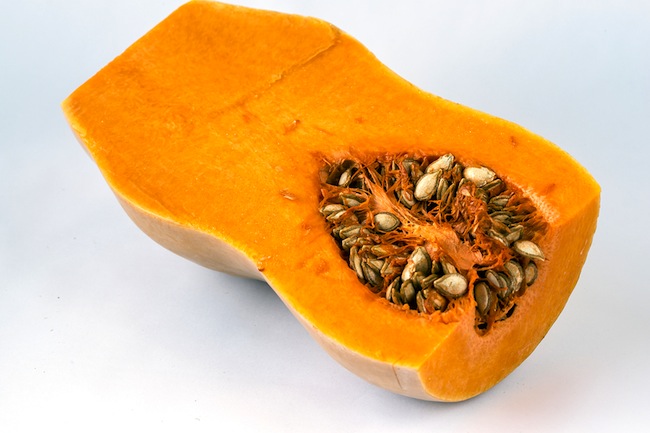- Make It Yourself Lavender Heart-Shaped Bath Bombs!
- 20 Things You Never Knew About “Down There”
- 12 Best Foods For Those Suffering From Arthritis Pain
- 12 Personal Hygiene Mistakes Almost Everyone Makes (Mom Never Told You About #4!)
- 15 Medicinal Plants And Herbs From The Cherokee People
- 12 Mind-Blowing Benefits Of Drinking Coconut Water During Pregnancy
- 12 Outstanding Winter Foods That Won’t Fatten You Up Like A Christmas Turkey
15 Natural Ways to Eliminate Gas Pains in Toddlers and Children

Photo credit: bigstock.com
4. Eat More Fiber
To help prevent gas in the first place, try including plenty of fiber rich foods in your child’s diet. Fiber will improve the digestion process and keeps things moving through the intestines. It will also prevent constipation. Some of the best foods for children are berries, squash, celery, and oranges. If you are breastfeeding, be sure you eat plenty of fiber rich foods every day.
5. Cumin Seeds
This is actually an old Ayurvedic remedy for gas pain. Cumin seeds prevent the formation of gas and stimulate the digestion. This remedy involves boiling 1 cup of water, then adding ½ of a teaspoon of cumin seeds and then allowing it to soak for about 5 minutes. Strain. Allow the water to cool and give 1 tablespoon of this remedy to your child three times a day.
6. Fennel Seeds
Fennel is a super beneficial herb when it comes to relieving gas in toddlers and babies. It relaxes the intestines, which helps trapped gas to dissipate, which will relieve the pain. Fennel is also great because it helps stop gas from forming in the first place! Boil 1.5 teaspoons of fennel seeds in 4 cups of water for 10 to 15 minutes. Allow to cool and give a teaspoon two or three times a day to babies, a tablespoon for a toddler, or if your child will chew the seeds, you can give them ½ a teaspoon of fennel seeds a couple times a day, until the problem is resolved. If you are breastfeeding, you can also chew the seeds or drink the tea once or twice each day.
Continue to Page 3

































Thanu Ji
Jan 8, 2018 at 3:00 am
Yogurt is an everyday accessible nutritious food at every home. But, can it be given during the cold winter months considering yogurt is considered a ‘cold’ food in itself.
https://www.parentcircle.com/article/is-it-safe-to-give-yogurt-to-toddlers-during-winters/